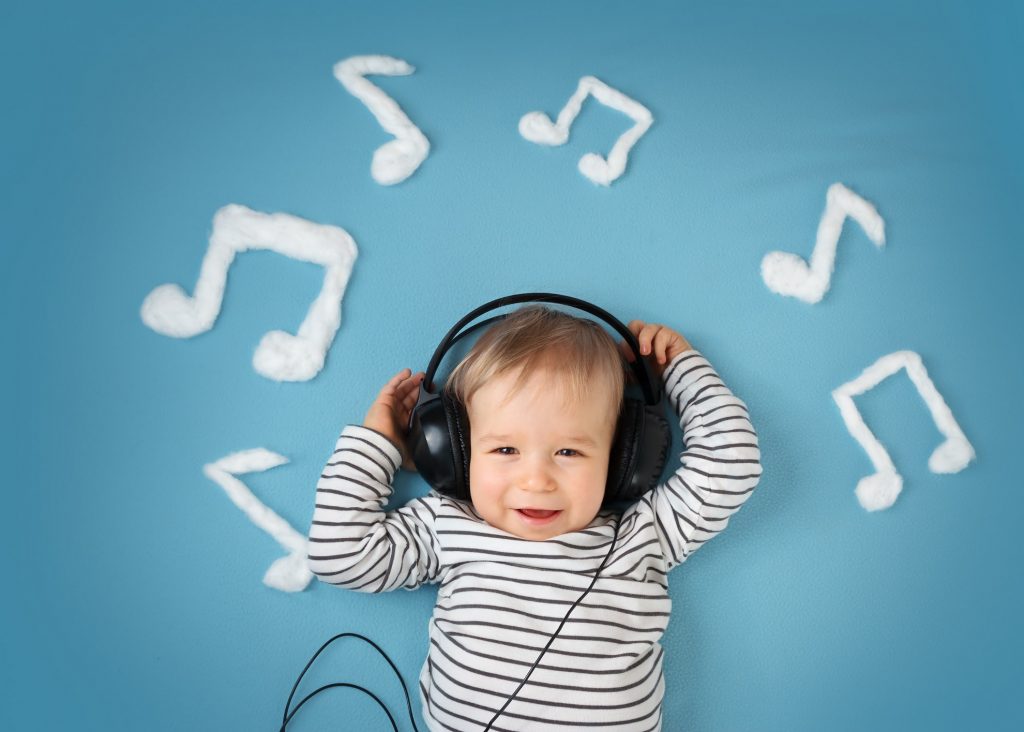
By Laura Funk, Occupational Therapist
We all process information differently and for some children, processing sounds may be difficult. A child may react strongly to an outdoor noise such as a mower or street traffic by covering his or her ears, crying, or trying to escape from the sound. Alternatively, a child may not attend to a parent calling his or her name or may not seem to hear startling or loud noises.
The goal is to help the child adjust to their environment through exposure to variety of appropriate sensory activities in a calm, playful manner to help to alleviate some of these problems.
The following activities are helpful to those experiencing Sensory Processing Disorder related to auditory issues. As always, you should discuss this with your healthcare professional and choose activities that are most appropriate for your child’s specific needs.
Learn more about teli Early Intervention Services and Hearing Services.
